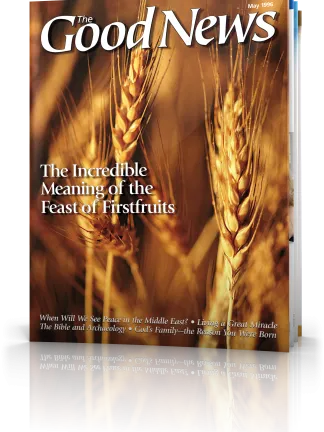Why a 50-Day Span?

Starting with the day of the wave-sheaf offering, God's people are to count 50 days, then observe Pentecost as a day holy to God. But why count 50 days?
Starting with the day of the wave-sheaf offering, God's people are to count 50 days, then observe Pentecost as a day holy to God (Leviticus 23:15-16).
The theme of freedom from captivity also continues in the wave-sheaf offering and the Feast of Pentecost.
Pentecost symbolizes major events in God's plan for mankind, including the granting of His Spirit to mankind and the beginning of the Church of God through Spirit-led Christians (see "The Lesson of the Feast of Firstfruits"). As recorded for us in Acts 2, both of these events took place on the first Pentecost after Christ's resurrection.
Every fiftieth year was called the Jubilee (Leviticus 25:28), also called the year of liberty (Ezekiel 46:17). Every 50 years, at the Jubilee, properties reverted to their original owners (Leviticus 25:8-38). This prevented poverty from plaguing successive generations of the same families. The Jubilee was celebrated as a time of liberty and freedom (Leviticus 25:10).
The number 50 implies complete freedom from captivity, a theme frequently found in God's festivals and Holy Days. Passover and the Feast of Unleavened Bread marked ancient Israel's freedom from Egyptian slavery, as well as our freedom from sin and death through Jesus Christ. The theme of freedom from captivity also continues in the wave-sheaf offering and the Feast of Pentecost.
The meanings of Jubilee (50 years) and Pentecost (50 days) are designed to illustrate similar blessings. God marvelously reveals His awesome plan of salvation for all humanity through symbolism such as ceremonies, harvests and holy festival seasons, and understanding of that plan is available to those who keep the Holy Days God commanded.







